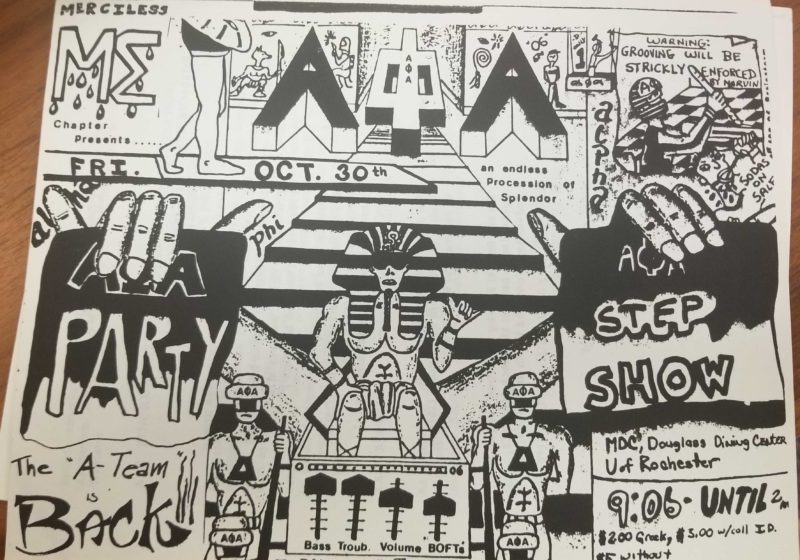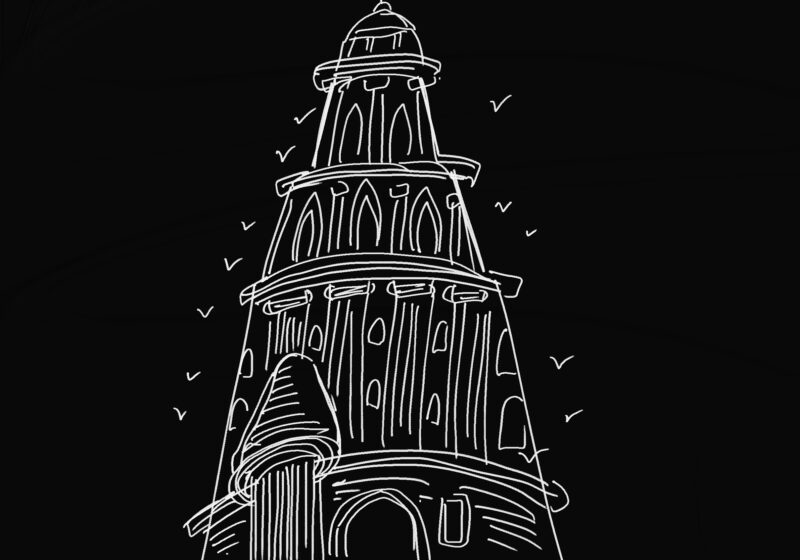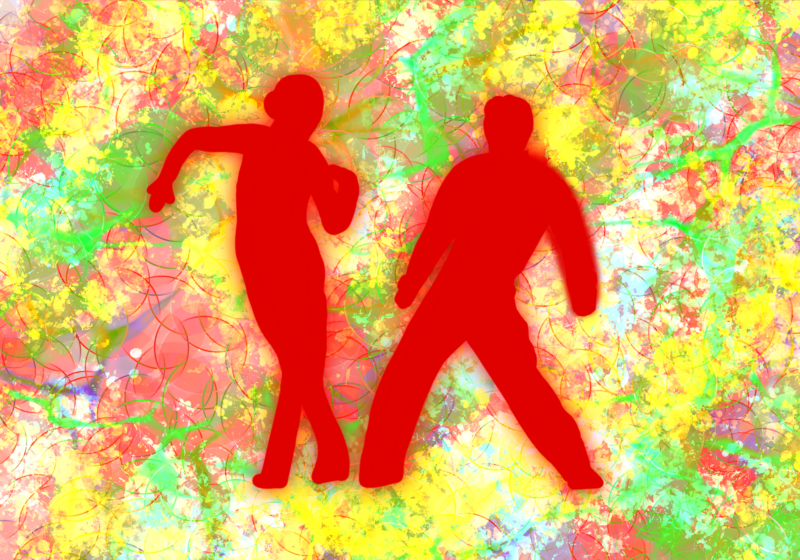“None Of Us Are Free Until All Of Us Are Free,” reads the title of the October 1987 issue of the “Grapevine,” haphazardly stenciled on an orange construction paper cover in bold, all-caps lettering.
Published through the Office of Minority Student Affairs, this black pride magazine functioned as a liaison between OMSA and the students it served. In the “Grapevine,” students could read important pieces from the greater American black consciousness and find a home for original writing from members of the black community on campus.
Today, it looks like any other classic, radical publication of the ‘80s. “Call Earl for Your Free, Hyped Up Cut Today. Free Haircuts!! See, I’m not a Capitalist,” reads an ad printed on the later pages of a 1988 issue. There is a reprinted section of a James Baldwin essay, an article ominously titled “Bush And Abortion” (George H.W. Bush had just been elected President), and a promotion for an Alpha Phi Alpha party, with a step show and a five-dollar price of admission.
“Grapevine” was far from the only cultural paper on campus in the ‘80s. Among others, “Kesher” stood out as an independently published place for Jewish voices from UR to discuss and debate issues of culture, religion, and politics. Articles praising Israel, criticizing it, attacking then President Ronald Reagan, and unpacking the relationship between traditional Judaism and feminism filled its pages.
In the December 1983 issue, an article called “Judaism and Feminism: A Traditional View” seems to ward against ordaining women as rabbis, but a response in the same publication titled “Judaism and Feminism: A Confrontation” calls for “reformulation or creation of a new Jewish law.” It asks for ways that Jewish women and their allies can oppose the stances like those promoted by “A Traditional View.”
“Kesher” includes plenty of examples of visual art, as well as a piece called “All right, what can I eat?! A practical Passover guide.” There are ads for a cultural trip to Toronto, events with Chabad and Hillel, and a calendar for Jewish activities throughout the month.
“Grapevine” ran from 1975 to 1991, and “Kesher” between 1983 and 1993. Today, they represent relics of a time when a larger variety of publications populated the newsstands, when the printed page was a more dominant form of communication.






